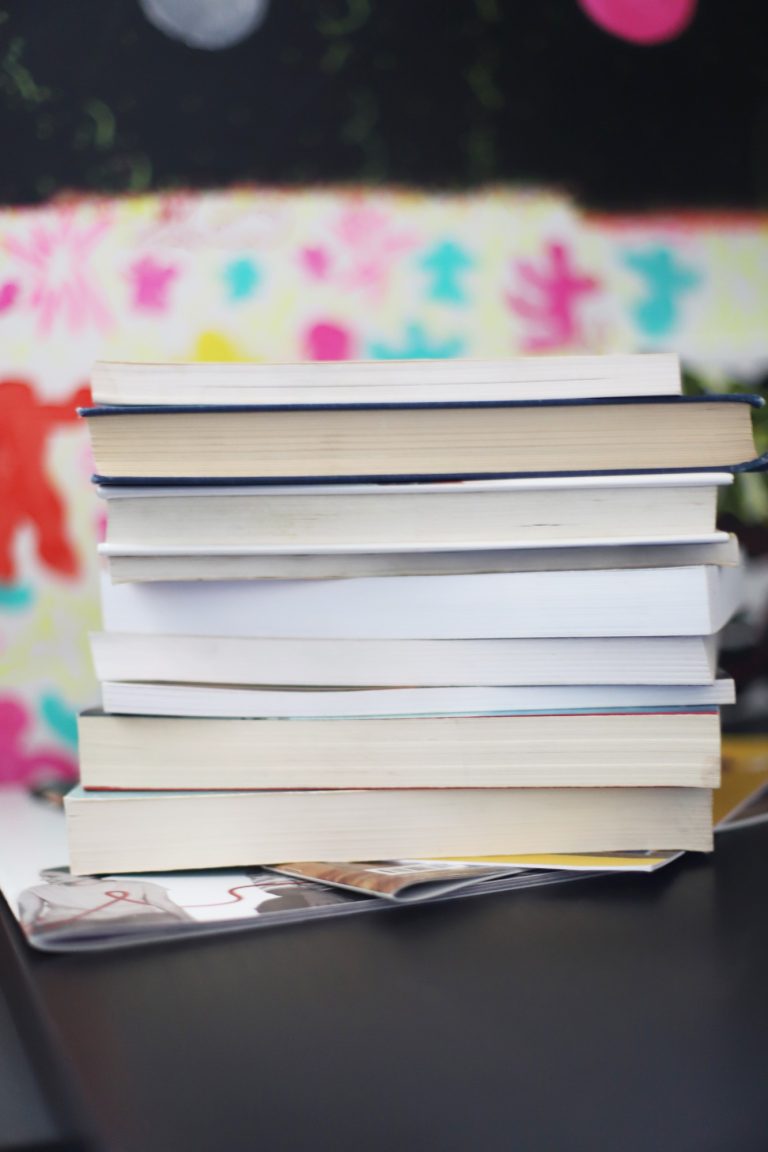The Waterloo Catholic District School Board (WCDSB) currently has an informal policy to re-catalogue certain children’s books in their school libraries to the professional collection, a staff-only collection that is reserved for teaching resources. These are age-appropriate 2SLGBTQ+ books selected by trained professionals relocated to teacher-resource collections that students cannot fairly access.
Four titles from the Ontario Library Association’s Forest of Reading program have been re-catalogued because they have 2SLGBTQ+ content. This is censorship, and it goes against everything that libraries stand for.
As my own story shows, representation in media is incredibly important for children to understand themselves and the world around them. By making it difficult for students to access books about queer kids and queer families, the WCDSB is ensuring that these kids will not understand queerness in society. For some of these kids, the WCDSB is hindering them from finding themselves.
I’m a children’s events programmer at the Kitchener Public Library, and I love my job and what it stands for. One of the first things my family did when we moved to Kitchener when I was thirteen was get library cards, and I’ve used my card regularly ever since. Though I only attended public schools in Ontario, I do have experience in religious schools, and these experiences shaped who I am today. I am queer, but it took me nearly 30 years to be able to say this publicly, in part because I did not have access to queer media as a child to give me the language to voice who I was and how I felt.
Before moving to Kitchener, I lived in both British Columbia and Alberta, where my father was a minister. Our church played a very big role in my childhood. Within my family’s denomination, Christian education is a vital component of one’s faith journey, and, as my father was the minister, it was a given that I would attend the local Christian schools with my siblings.
These schools did not acknowledge being gay as anything but a sin, with “hate the sin, love the sinner” understandings of queerness. As such, they certainly did not have queer literature in their libraries. Without access to books about kids who were different from the norm, I had no frame of reference to identify myself as different from the norm. I already knew I had no one to talk to about the nagging thought in my brain about kissing girls. A book would have helped me acknowledge those feelings.
I went to school at a time when queer acceptance was not the universal experience, and doubly so within my social circles, so I did not read a book about anyone gay until I was about 20. It was a young adult novel about a teen girl who follows her crush to college, only to discover he has a boyfriend. I got it at the Kitchener Public Library, and I needed to read it because I had a crush on a guy friend who had opened up to me that he was gay. It helped me understand what my friend was feeling, and it helped me navigate my own complicated feelings.
To that friend, wherever you are, I still think of you often and I hope you are living your best and gayest life. But reading that book opened my eyes to a language I did not understand because I’d never before had the chance to learn it.
I wish I’d had books in my elementary schools about boys who like boys, girls who like girls, kids who question their gender identity, princesses who have two dads, young girls who have gay uncles, non-binary and gender non-conforming kids who support each other when they’re bullied for being queer. I liked girls and boys, but I never had the language for it because I never had access to books about people who were different than what was expected of me.
I never had anyone else’s experience to compare to my own because my life was so insular, and all I knew was that it was wrong that I liked girls and that I thought boys who wore eyeliner were beautiful, so I should forget that part of me.
I was a queer kid at a religious school, but I did not know this because I did not have the words. It is difficult to describe how that feels, to realize something that is so significant to my identity now has always been a part of my identity. But I did not have the words, the language, the cultural understanding to know myself because I never had books about kids like me.
I am now 34 years old, and I’m proud to see my child self in books about queer and trans kids today. I’m 34, I’m bisexual, and I can finally say that comfortably. It is my deepest desire that queer kids can freely express themselves while they’re still queer kids. They need books to do so.
It took thirty years for one queer kid to find the language to understand she was queer, because she did not have access to queer books. It is imperative that the WCDSB rescinds this policy so that their students do not have to wait thirty years to understand who they are.

